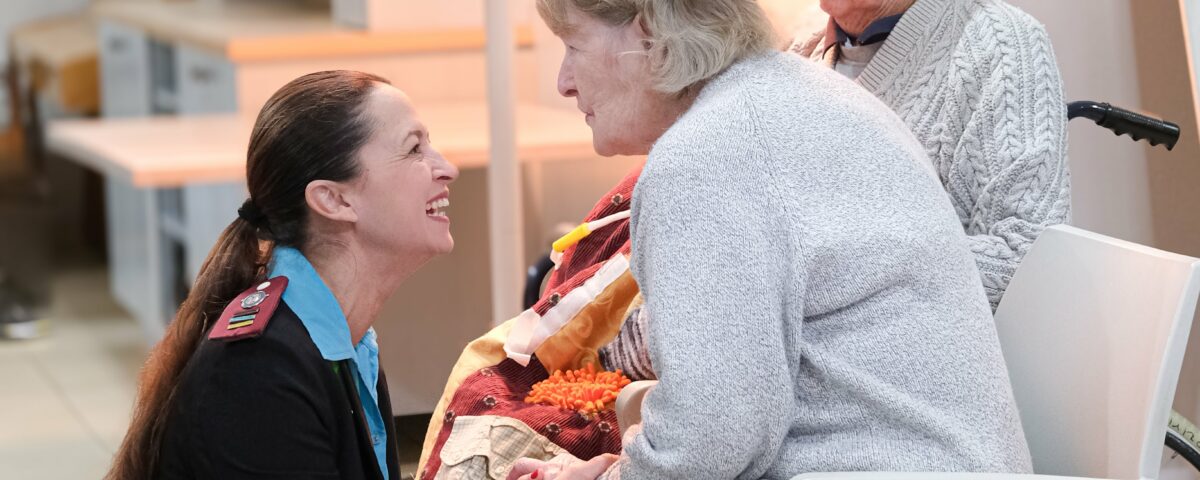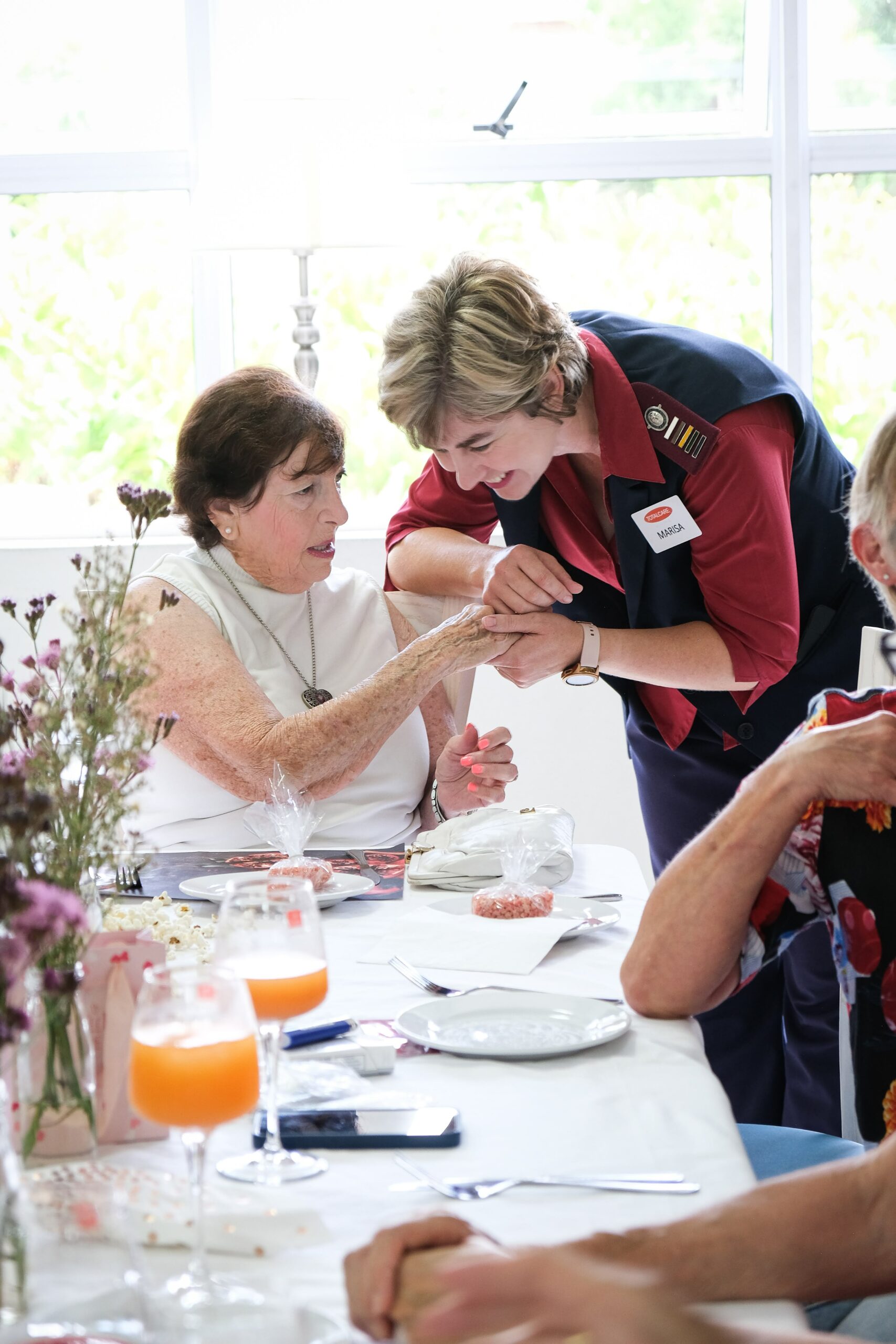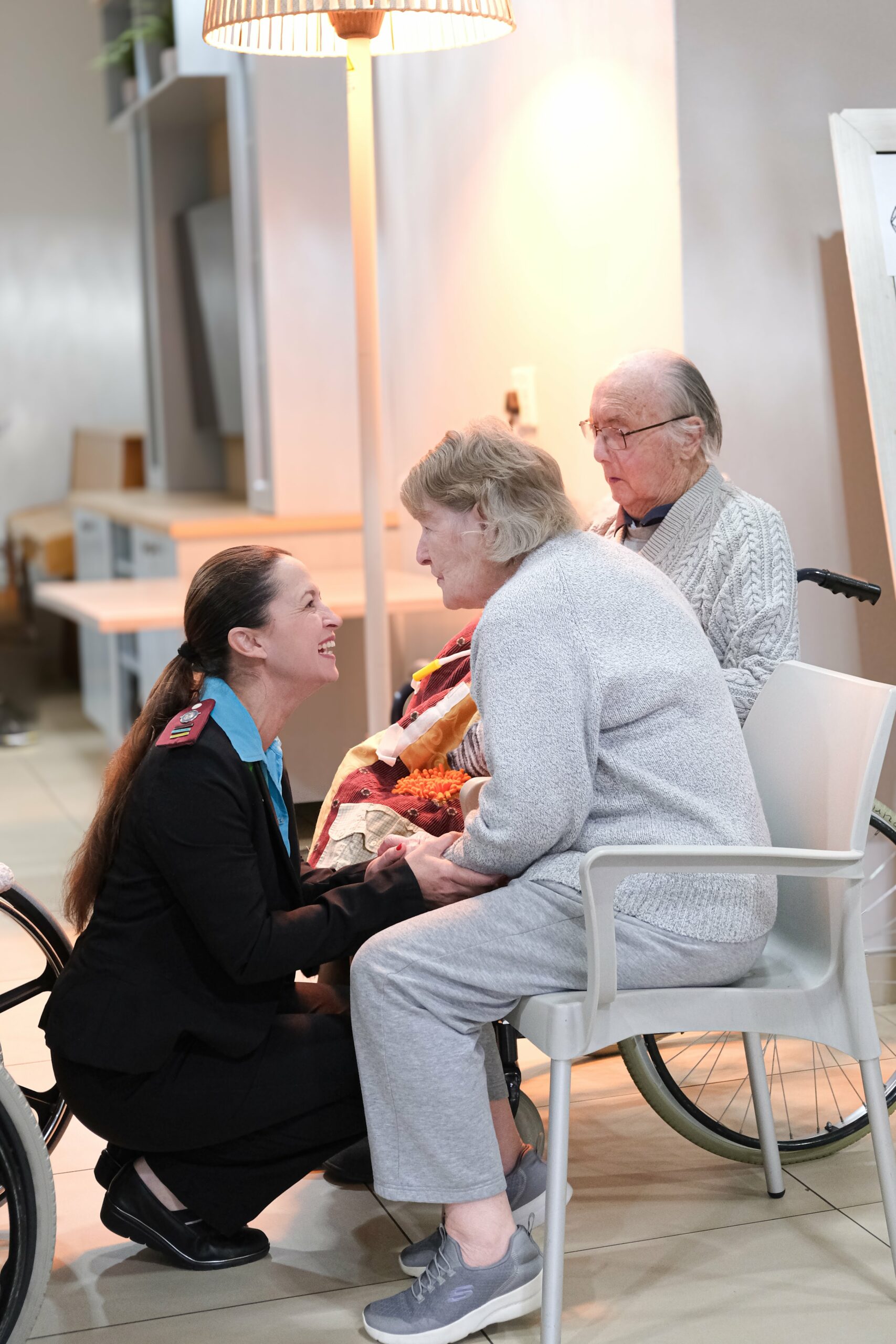
Our brains experience positive psychological reactions even with simple acts of kindness. The chemicals released when we help others reduce stress and anxiety, improve mood, lower blood pressure, protect our hearts, alleviate aches and pains, strengthen our immune system, and slow aging.



Kindness is easy, free, and doesn’t require a prescription to reap its health benefits. Even a simple smile can be healing. For instance, when we smile, our brains produce oxytocin, which releases nitric oxide in the blood vessels, helping to lower blood pressure. The health benefits of kindness extend to those who witness kind acts. So, not only does being kind benefit you, but it also positively impacts those around you! Wondering where to start? Incorporating kindness into your daily routine is simpler than you might think. Buy a colleague a cup of coffee, say hello to a stranger, or offer to babysit or mow a neighbor's lawn. Here are a few tips to help you purposefully infuse kindness into each day:
Take note of how you felt: Reflect on how you felt after performing an act of kindness. Did you feel less stressed or calmer? How did the person you helped react? Note any changes you observed to inspire you to continue incorporating kindness into your day.
Keep seeking opportunities to show kindness. The more you practice, the easier it becomes. Small acts of kindness can accumulate to make a significant difference in your happiness and health.
In summary, showing kindness significantly influences the wellbeing of our residents and creates meaning and purpose for both the giver and receiver. Embracing kindness for others and specifically our residents are part of our resident focused care.
